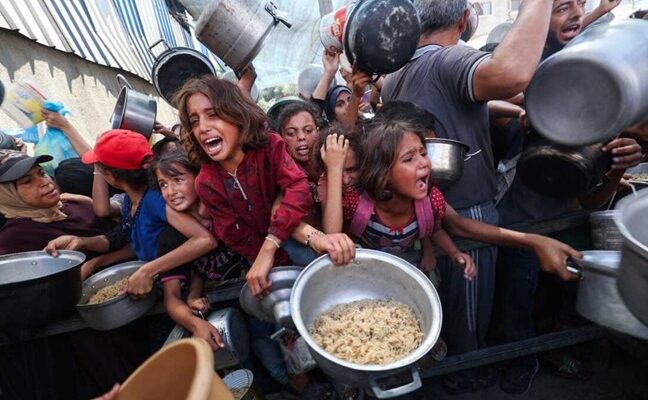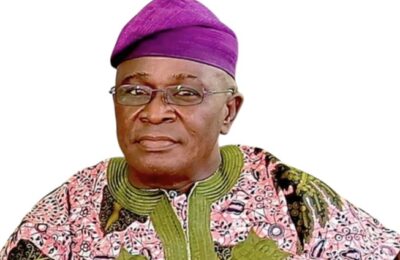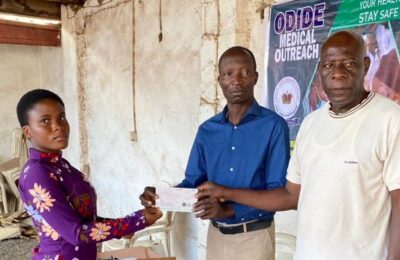By Muhammed Sherifdeen Omeiza.
There was a time when humanitarian aid meant hope, when the sight of a white truck with a red cross on it brought comfort to people trapped by war. It meant that someone cared, that help was coming. But today, in many parts of the world, that hope has turned uncertain. The line between helping and harming has blurred. What was once a symbol of humanity is now tangled in politics, suspicion, and control.
Across conflict zones, from Gaza to Sudan, from Yemen to Nigeria’s own history, aid meant to save lives is being used to decide who lives and who dies. Food, medicine, and shelter have become bargaining chips in the hands of those who see suffering not as a tragedy to end, but as a tool to use. Humanitarian access, something that should never be negotiated, is now treated like a privilege instead of a right.
This is not a new story. Nigeria has lived it before. During the civil war between 1967 and 1970, the world saw one of the darkest examples of the weaponization of hunger. Entire communities in Biafra were cut off from food and medicine. Starvation was used as a weapon of war, and the images of dying children shocked the conscience of humanity. Those pictures were supposed to change the way the world understood suffering. But more than fifty years later, the lesson seems to have faded.
Today, in Palestine, we see that same cruel pattern unfold again. Entire neighborhoods are flattened, hospitals are running out of medicine, and convoys carrying food and aid are blocked or bombed. Civilians are trapped in a cycle of siege and survival, waiting for the world to remember its conscience. Each denial of aid is not just a political act, it is a moral wound. Gaza is not only a place of conflict; it is a mirror reflecting how far we have drifted from our shared humanity.
Instead of open blockades, we now see “delayed clearances.” Instead of declaring a siege, officials cite “logistical challenges.” But the effect is the same: aid doesn’t reach the people who need it most. Bureaucracy has replaced bullets as a tool of control. Every checkpoint, every permit, every inspection becomes a small wall between life and death.
What makes it worse is that everyone claims to be acting lawfully. Governments say they are protecting national security. Armed groups say they are defending their people. Aid agencies say they are maintaining neutrality. Yet in the middle of these arguments, it is ordinary people; mothers, children, the elderly who pay the price. The world debates; they wait and starve.
I often think about how complicated “help” has become. Humanitarian workers risk their lives, driven by compassion, but find themselves negotiating with those responsible for the pain they are trying to relieve. Donors attach political strings to their funds. Governments restrict access in the name of control. The system has become so tangled that sometimes, those who want to save lives must first seek permission from those who destroy them.
The truth is that humanity has become the casualty of power. Aid that should unite us has become another way to divide us. We talk about neutrality, but we rarely talk about justice. We speak of assistance, but forget dignity. Humanitarian work was never meant to be a contest between governments and agencies. It was meant to be about people, about restoring humanity in the middle of chaos.
We like to say the world is more connected than ever. But if compassion must still pass through checkpoints, how connected are we really? When a child dies because food aid was delayed by weeks, can we still call ourselves civilized?
The Geneva Conventions say it clearly; civilians must never be starved or denied aid. But words on paper mean nothing without courage. The silence surrounding these acts of cruelty is what allows them to continue. Governments hide behind bureaucracy, donors hide behind policy, and the rest of us hide behind distance.
It is time to stop calling deliberate starvation an “access issue.” It is time to stop describing the denial of medicine as “a logistical challenge.” These are not neutral problems, they are moral failures. And they are happening because we have learned to speak gently about injustice.
Humanitarian access is not a favor to be granted by the powerful. It is a right owed to the powerless. If we lose that understanding, then the entire meaning of humanitarianism collapses.
Compassion should never require permission. Humanity should never depend on politics. If we are to reclaim the soul of humanitarian work, then we must begin to tell the truth that in too many places, aid has become a weapon, and silence has become complicity.
History will not remember the excuses. It will remember the suffering.
– Muhammed Sherifdeen Omeiza is a Nigerian researcher and writer focused on humanitarian action, human rights, and global governance. His work engages themes of public policy, democracy, and political economy, examining how local realities and global decisions influence humanitarian outcomes. He writes from African and international perspectives with a commitment to justice, accountability, and people-centered governance.




